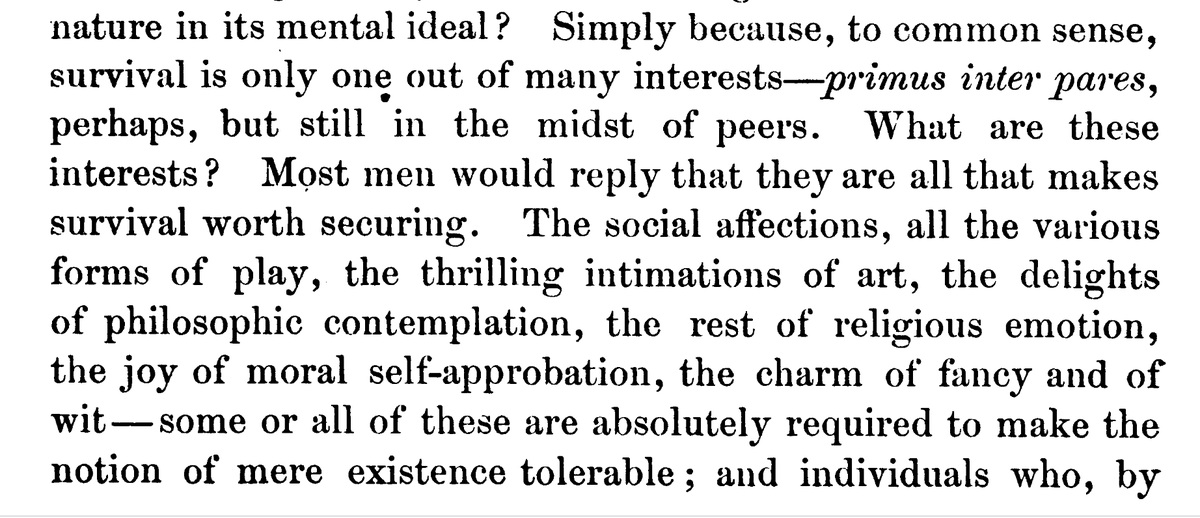
I heard this morning a really wonderful talk by Havi Carel on pandemic phenomenology. Carel uses the phenomenological approach by Heidegger in particular to help us think about how our being in the world, our being around others has changed so drastically.
Some thoughts 1/
Some thoughts 1/
Carel uses LA Paul's concept of transformative experience (TE) to argue that the pandemic has collectively changed us, both who we are and what we know. We've become different people. Also this TE is involuntary, we didn't choose to be in a pandemic 2/
In that respect, being in a pandemic is more akin to the transformative effects of illness (which Carel wrote about e.g., here: google.com/books/edition/…
and less like e.g., choosing to have a child, where you can decide to have that particular TE 3/
and less like e.g., choosing to have a child, where you can decide to have that particular TE 3/
I am still grappling with the question of what we are learning/have learned from the pandemic. The most obvious thing we've learned is what it's like to live in a pandemic, as Carel points out. You can't truly know what it's like (even e.g., reading accounts of 1918 flu) 4/
Next to that we've also learned more how our society is fractured and not working. I think in many respects comfortably middle-class people often say "society is not working" but they don't really feel it, they don't have the phenomenological sense of what failing states mean 5/
We've also learned the true, deep value of so many things we took for granted, such as being around other people without having to worry about physical proximity. We feel the loss of these things so much more profoundly than e.g., international travel 6/
Here's one non-obvious lesson the pandemic is teaching us, that I've been thinking about lately. We are I think intuitive Aristotelians when it comes to questions of flourishing, i.e., we think that a wide range of conditions need to be met to truly flourish 7/
E.g., many middle-class western folk typically think that it would be hard to flourish if one is very poor, or ill, or disabled. Now scholars on disability have pushed back against this narrative and have argued: it's possible to flourish even under conditions of adversity 8/
But there are alternative conceptions of happiness, flourishing, wellbeing, virtue that do *not* require that a whole range of conditions (largely dependent on luck) need to be met. We can see this in e.g., Stoicism and Daoism, where you have less luck-dependence 9/
Specifically, I am thinking a lot about the Stoic conception of arete, of achieving excellence in virtue in adverse circumstance. A lot of people can achieve arete even in pandemic conditions, and I think the pandemic has taught us 10/
... about how it is possible to have something like excellence, virtue or flourishing even though one is also under really difficult and testing circumstances, even though one's life is severely disrupted, even though one can be scared, weary, worn-out 11/
This, I think is a truly valuable lesson. We will often disavow that the value of our lives are dependent on things such as wealth, travel, good health, but I think we now experience first-hand that our lives are more than such factors. /end
Also, here's a thread by @AlisonReiheld summarizing Carel's paper
And here's a paper by Carel and Kidd on a related topic:
research-information.bris.ac.uk/files/25448081… /real end
https://twitter.com/AlisonReiheld/status/1331965174383849477
And here's a paper by Carel and Kidd on a related topic:
research-information.bris.ac.uk/files/25448081… /real end
• • •
Missing some Tweet in this thread? You can try to
force a refresh



